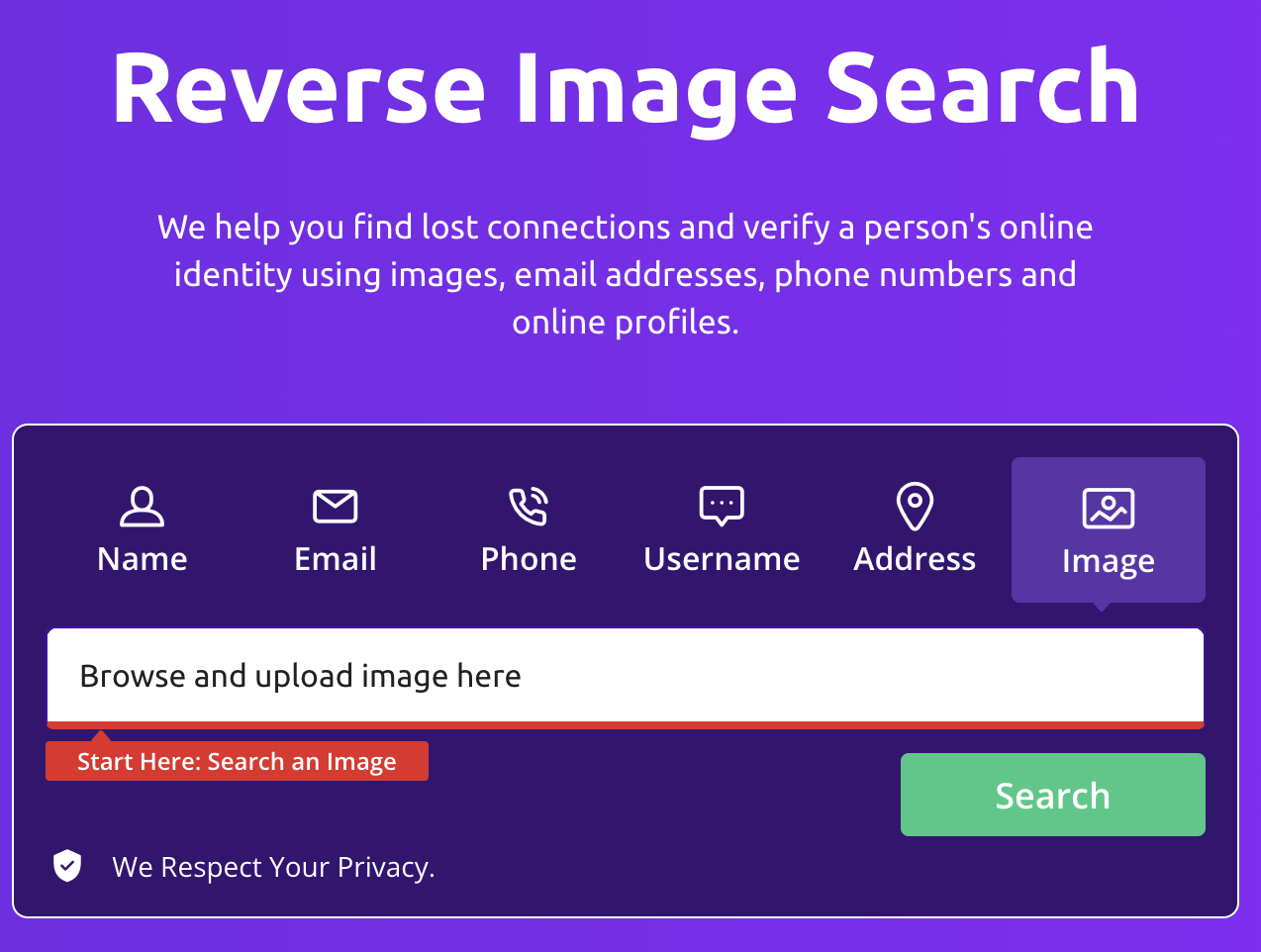The internet has brought us a lot of benefits, but it has also brought us a lot of challenges. One of the challenges that people face is social catfishing, where an online imposter creates a fake profile on a social media platform or dating site to deceive people. These imposters often use other people’s pictures and information to create an illusion of someone else.
Social catfishing can have disastrous consequences, from emotional harm to financial ruin. The good news is that with the right knowledge, you can unmask a social catfish and protect yourself from online imposters. In this article, we will explore the art of unmasking a social catfish and how to identify and protect yourself from online imposters.
What is social catfishing?
Social catfishing is a form of online deception where an individual creates a fake persona online to deceive others. Catfishers use various tactics to create a false identity, including using other people’s pictures and information, fabricating life stories, and adopting a new persona. They often do this to gain the trust of their victims and build a relationship with them.
The term “catfishing” originated from the 2010 documentary Catfish, where a man named Nev Schulman fell in love with a woman he met online, only to discover that she was not who she claimed to be. The term has since become synonymous with online deception, and it has become increasingly prevalent in today’s world.
Why do people catfish?
People catfish for various reasons, but some of the most common reasons include:
- To gain attention: Some people crave attention and validation and may create a fake persona to get it. They may also do this to boost their self-esteem or feel better about themselves.
- To scam people: Catfishers may also use their fake persona to scam people out of money, gifts, or personal information. They may create a false sense of intimacy with their victims and then exploit their trust to get what they want.
- To seek revenge: In some cases, people may catfish to seek revenge on someone who has hurt them. They may use their fake persona to get close to their target and then hurt them emotionally or psychologically.
Related: Getting Started With InboxDollars
How to identify a social catfish?
Identifying a social catfish can be challenging, but there are some signs to look out for. Here are some of the most common signs of social catfishing:
- They refuse to video chat: If someone is hesitant or refuses to video chat, it may be a sign that they are not who they claim to be. A catfisher may use various excuses to avoid video chatting, such as poor internet connection, no camera, or being camera-shy.
- Their pictures look too good to be true: If someone’s pictures look like they belong in a magazine or seem too perfect, it may be a sign that they are using someone else’s pictures. A catfisher may use pictures of models, celebrities, or even other users on the same platform.
- They have a vague or inconsistent profile: If someone’s profile is vague or inconsistent, it may be a sign that they are not who they claim to be. A catfisher may use generic information or fabricate life stories to create a false identity.
- They ask for personal information too soon: If someone asks for personal information, such as your address, phone number, or financial information too soon, it may be a sign that they are a catfisher. A genuine person will take time to build trust and establish a relationship before asking for personal information.
- They have a suspicious online presence: If someone has a suspicious online presence, such as having few friends or followers, it may be a sign that they are a catfisher.
Think you have been Social Catfished, Social Catfish is the best service for you.

Social Catfish is an online service that helps people verify the identity of individuals they meet online. The service is often used to verify the identity of potential romantic partners, but it can also be used for business or personal purposes. Social Catfish uses advanced search algorithms to find information about people across the internet, including social media profiles, email addresses, phone numbers, and public records. This information is then used to confirm the identity of the person in question and provide a report to the client. The service can be used to verify if someone is who they claim to be or to check for any red flags or warning signs before proceeding with a potential relationship or transaction.


